Why are medical devices so expensive? The answer lies in the development process. While creating a basic prototype can be relatively quick and affordable, transforming that concept into a regulated medical device demands extensive documentation, testing, and quality controls that drive up costs.
General Industry Development vs. Regulatory Compliance
In the typical industry approach, teams start with a concept, create prototypes (often using a development board), and perform basic testing before producing the device for sale. Documentation is created to record design and development steps but remains relatively minimal.
In contrast, regulated industries must adopt a more controlled development path. Compliance with regulations means that every development phase is tightly documented, monitored, and updated to meet rigorous standards. The focus is on repeatable quality and minimizing risk at every step of development.
Pitfalls in Medical Device Design and Regulatory Processes
Meeting regulatory compliance can be a major challenge. Compliance standards such as IEC-60601 and IEC-62304 (which cover equipment safety and the software lifecycle, respectively) mandate extensive testing, traceability, and audit readiness. Failure to meet these requirements can lead to costly delays, product recalls, and even market exclusion.
Key pitfalls include:
- – Overwhelming documentation demands
- – Difficulty in maintaining up-to-date quality systems
- – Potential audit failures
Strict processes are required at each stage—from initial concept to final product—to ensure device safety and quality. These demands often become a bottleneck in the development process.

Approval Process and Alternatives
Documentation is often the single biggest hurdle. To get regulatory approval for a medical device, companies must submit extensive documentation proving that their device meets compliance standards.
To speed the early stages of development, some companies opt to start with a proof-of-concept device rather than jump right into building a fully regulated medical device. Since a PoC is not subject to strict regulatory requirements, it allows for faster and less costly initial development.
However, each use of a PoC in clinical trials requires specific approval, along with documentation on its function, risks, and mitigations. It is important to plan ahead for these approvals before starting on a PoC.
Strategies for Streamlining Regulatory Compliance
Companies can streamline regulatory processes by planning for compliance from the outset. Employing strategies to streamline documentation and validation can balance the need for safety and quality with efficient device development.
With expertise in embedded systems and an emphasis in medical devices, Dojo Five provides tailored support that can help you succeed. We implement proven strategies that balance safety and quality with efficient device development, helping medical device manufacturers accelerate their timelines while maintaining compliance:
- Early Integration of Compliance: Our regulatory experts work alongside development teams from the design phase, aligning technical decisions with standards like IEC-60601 and IEC-62304 to prevent costly rework.
- Documentation Automation: Through our EmbedOps platform, we automate documentation processes to improve accuracy and traceability while reducing manual effort. Every development stage is tracked and easily accessible for audits.
- Modular Testing and Validation: We implement structured testing approaches that catch issues early, minimizing rework and accelerating development timelines.
- Prototyping Assistance: For teams developing proof-of-concept software, we provide guidance on building prototype code that can transition smoothly into regulatory phases.
- Regular Internal Audits: Our team provides audit services and ongoing training to help ensure systems remain audit-ready, reducing the risks of compliance failures.
- Ongoing Support: We provide continuous regulatory guidance and education, supporting you from initial prototyping to regulatory approval.
With Dojo Five’s support, companies can tackle regulatory challenges confidently and bring their medical innovations to market more effectively. Contact us today to see how we can help.
